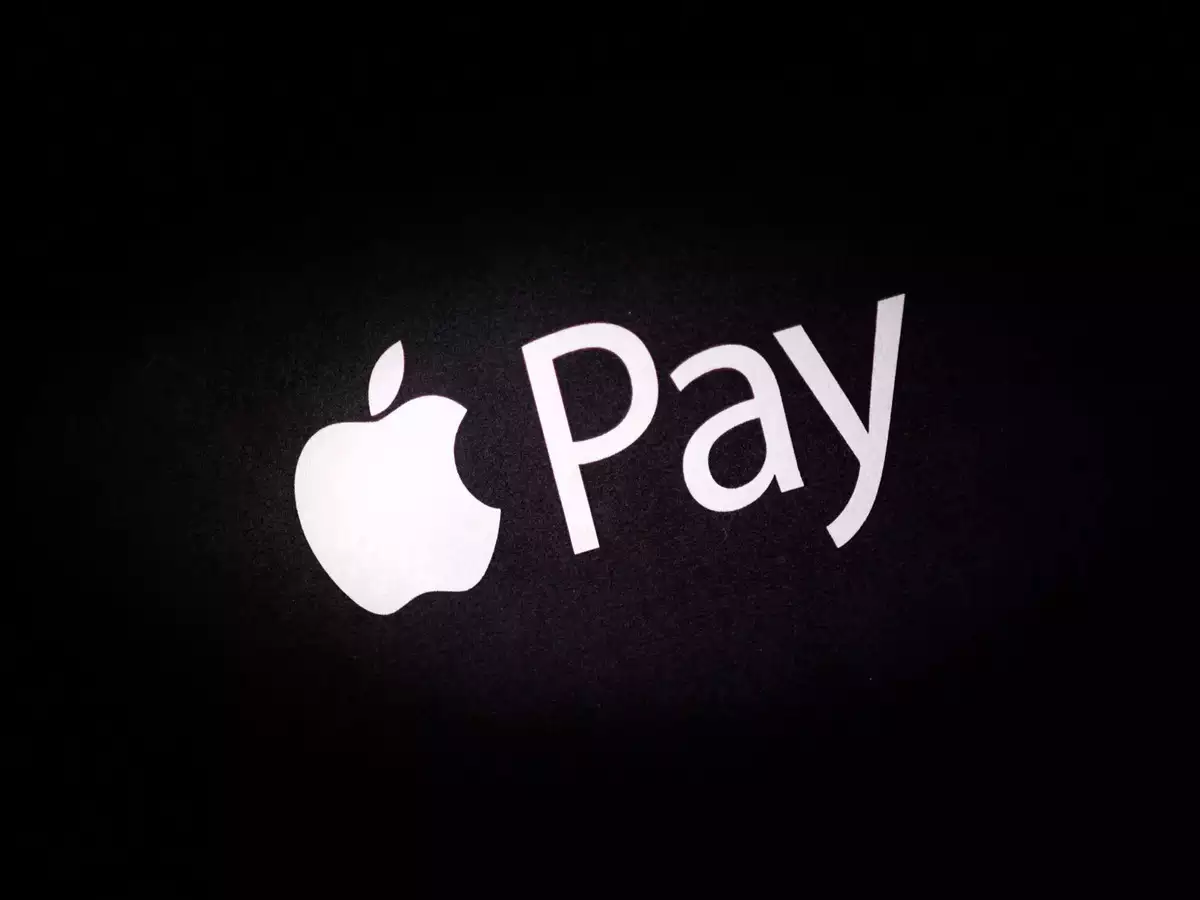Apple Inc.’s recent update to its App Store payment policies, allowing the use of third-party payment methods but with significant commissions, has sparked fresh legal controversies and resistance from app developers. The tech giant’s move, ostensibly to comply with a U.S. court ruling, could set the stage for more intense legal skirmishes.
Key Highlights:
- Apple announced it would charge up to 27% commission for non-Apple payment providers.
- This policy follows a U.S. Supreme Court decision declining Apple’s appeal in the Epic Games legal battle.
- The move has drawn criticism from major players like Spotify and Epic Games.
- Apple faces ongoing regulatory pressure globally over its payment policies.
- The new policy could impact the dynamics of digital marketplaces and app development.

The new payment rules, which include a commission of 12% for members of the App Store Small Business Program and 27% for other developers, apply to transactions made via third-party payment methods. This policy shift is a reaction to the outcome of the Apple vs. Epic trial in 2021, a case that has drawn considerable attention for its implications on the digital marketplace.
Commission Controversy:
Apple’s decision to charge commissions on transactions processed outside its in-built payment system has raised eyebrows. Critics argue this move undermines the court’s intention to foster competition and choice. Spotify, for instance, condemns this approach, calling it a continuation of Apple’s “app store monopoly” and a direct hit on developer and consumer interests. Epic Games’ CEO, Tim Sweeney, echoes these sentiments, labeling Apple’s new policy as “bad-faith compliance” and an anticompetitive maneuver.
Legal and Regulatory Landscape:
Apple’s legal tussles extend beyond Epic Games. The company faces global scrutiny over its payment and app store policies. In the U.S., the Department of Justice is finalizing an investigation into Apple’s policies, including its control over mobile payment apps. In Europe, Apple recently proposed opening its contactless payment technology to third-party mobile wallets, a move prompted by the European Commission’s concerns over competitive restrictions.
Developers’ Dilemma:
The requirement for developers to provide periodic accounting of out-of-app purchases and Apple’s right to audit these transactions add another layer of complexity. This situation places a considerable administrative and financial burden on developers, potentially stifling innovation and growth in the app development sector.
Understanding the Fee Structure:
Under the new guidelines, Apple charges a 27% commission for developers using third-party payment methods, a significant increase from the previous mandate to use Apple’s own payment system with a fee of up to 35%. This change is a response to legal rulings requiring Apple to allow alternative payment systems. However, the high commission rate has sparked a debate about whether it effectively stifles the intended competition.
Looking Ahead:
As the tech giant navigates these legal and regulatory challenges, the implications for the broader app development community and digital marketplace are significant. The tension between fostering a competitive, innovative environment and maintaining profitable business models remains a key issue.
Apple’s new payment fees signal a complex future for legal and regulatory engagements. While the company seeks to balance compliance with profit, the backlash from developers and ongoing legal challenges highlight the intricate dynamics of the digital marketplace.


















